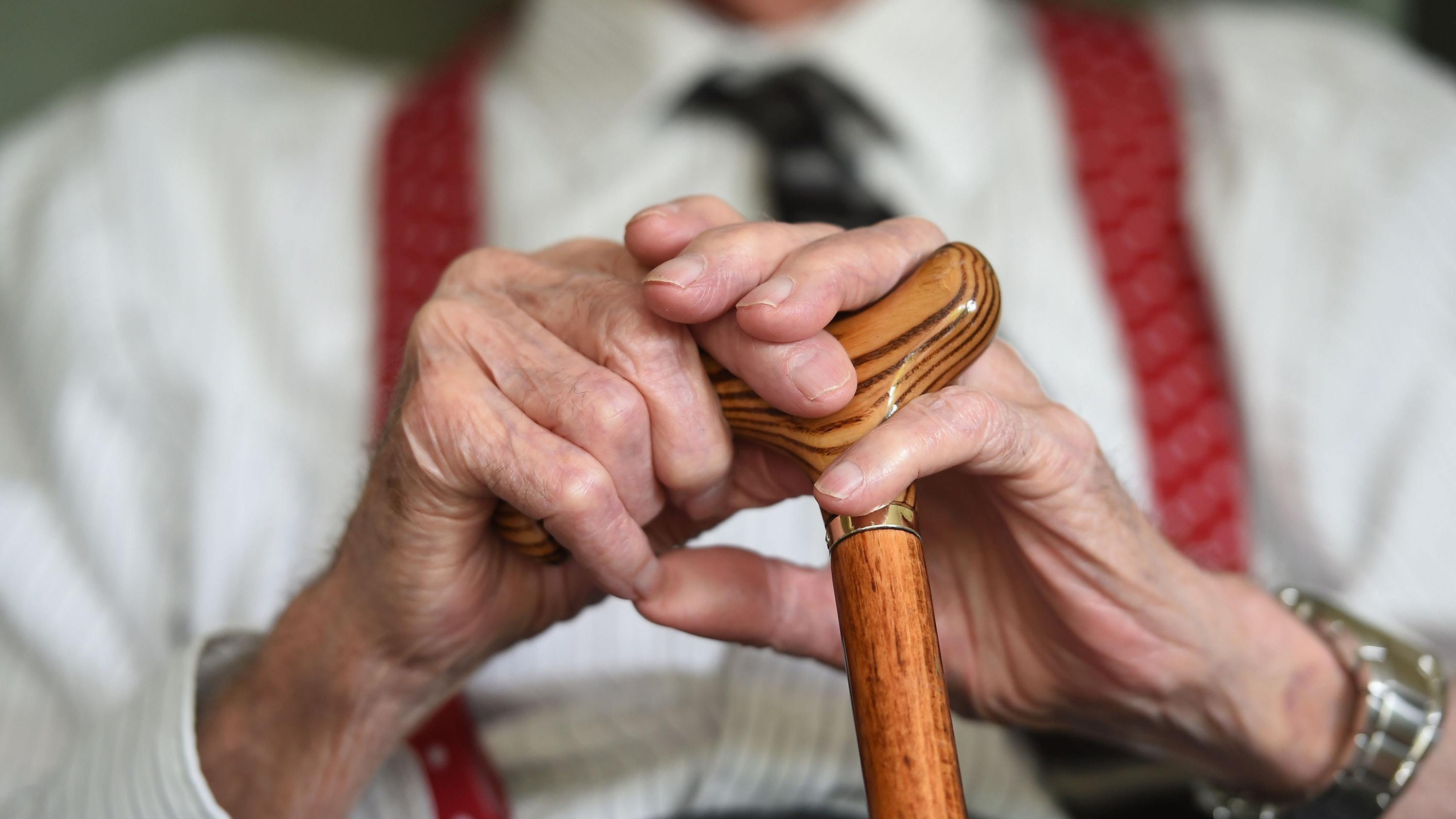
IMPROVEMENTS in life expectancy have almost “ground to a halt”, a leading academic has warned.
Professor Sir Michael Marmot said he was “deeply concerned” that increases in life expectancy had levelled off since 2010. He said the stagnation needs “urgent” investigation.
Historically, improvements in life expectancy at birth had been around a one year increase every five years for women and every three and a half years for men. But since 2010 this has slowed to a one year increase every 10 years for women and every six years for men, new analysis has shown.
Marmot Indicators 2017 – read our briefing and presentation on the latest data https://t.co/b7q0kZeuim #sdoh @MichaelMarmot #healthequity
— IHE (Marmot Review) (@TheMarmotReview) July 18, 2017
Expected rises in life expectancy when people are aged 65 have also slowed.
Sir Michael, who previously chaired a government-commissioned review into health inequalities, said the rate of increases “is pretty close to having ground to a halt”.
He added: “I am deeply concerned with the levelling off, I expected it to just keep getting better. I would say it is a matter of urgency to try and examine why this has happened – it is not inevitable that it should have levelled off.”
Learn how smoking & other factors can impact dementia risk by using our brand new tool: https://t.co/usORQtMmpF pic.twitter.com/9k8PgdwdNE
— Alzheimer's Society (@alzheimerssoc) July 17, 2017
“I am deeply concerned that if we do not fund health care and social care adequately people will lead much worse lives,” he said. “Whether that translates into an increase in mortality or a failure of mortality to go down, I don’t know.”
He said that spending on “social expenditure is among the most miserly of Western European countries and our spending on health care is miserly”, adding: “Because we are blessed with the National Health Service, the Commonwealth Fund continues to give high ratings.
“We need to preserve this valuable national recourse but that means we have to spend appropriately because the need is going up because of the rise in older people. If we don’t spend appropriately on social care, if we don’t spend appropriately on health care, then certainly the quality of life will get worse for older people and maybe the length of life too.”
Ever wondered what it means when we say something ‘increases your risk’ of dementia? Our new online tool explains: https://t.co/usORQtMmpF pic.twitter.com/lusQoPEFIi
— Alzheimer's Society (@alzheimerssoc) July 18, 2017
He also highlighted that the leading cause of death among the oldest old is now dementia and Alzheimer’s.
“Dementia on the death certificate is the tip of the iceberg. If people are dying of dementia that means there is a lot of people living with dementia.”
He said dementia could have played an “important part” of the stagnation in increases in life expectancy.
He said: “For dementia and ischemic heart disease there are a common set of behaviours that are important- diet, smoking and the like. Those, in general, show a social gradient – the lower you are in the social hierarchy, the less likely you are to be seen being a non-smoker, not overweight and the like. Those things have not been improving to the extent that we would like.”

Enjoy the convenience of having The Sunday Post delivered as a digital ePaper straight to your smartphone, tablet or computer.
Subscribe for only £5.49 a month and enjoy all the benefits of the printed paper as a digital replica.
Subscribe